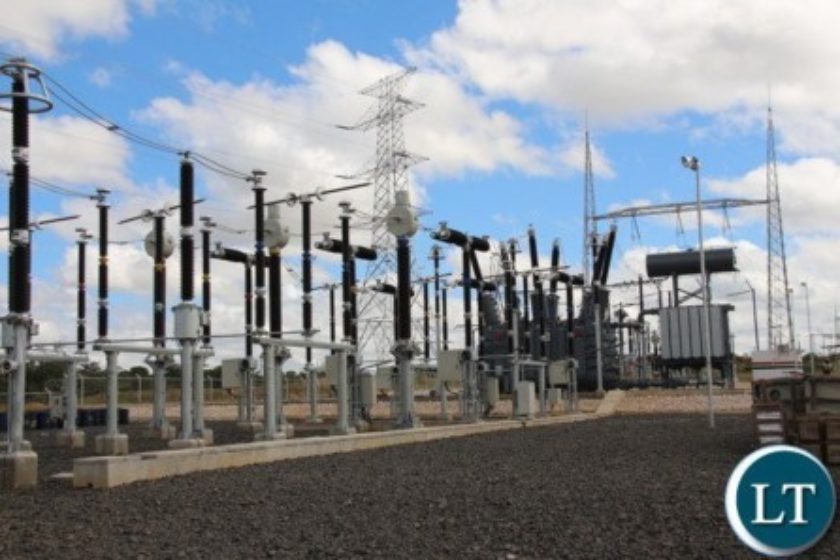The mining town of Solwezi, 633 Kilometres North West of Zambia’s capital Lusaka, has been transformed into an active centre of business eyeing markets beyond borders.
Host to three mining giant outlets, Kansanshi, Lumwana Kalumbila, the provincial capital is attracting trade from neighbouring Angola in the west and Democratic Republic of the Congo (DRC) in the North.
Until recently Kalumbila mine was part of Solwezi but the government has hived it off from there creating a new district all together.
“But even then Solwezi still has a foothold in there (Kalumbila) in that every little thing that residents of Kalumbila need they have to travel here,” said a local trader Amon Bwembya Kikupa.
Within a few years, three shopping malls have sprung up along a litany of development structures from hotels, lodges, and filling stations to new restaurants.
A new civic centre building has been constructed while many government blocks have been rehabilitated if not replaced by modern ones.
A number of banks have set up camp there while those who moved earlier have opened up new buildings.
A recently constructed $2million City mall just on the edge of the town towards Kasempa and Mwinilunga roads has not only added impetus to the status of the district but has given a complete new outlook of the former low level rural town.
Like many parts of Zambia Solwezi has witnessed a housing construction boom that has wiped out huge areas of idle land including some shanty townships and replaced them with new modern housing units.
As mining thrives in the area other businesses are proportionally sprouting locally and spilling activities into neighbouring Angola and the DRC.
Since the Angolan civil war ended followed by a long period of tranquil Angola has embarked a countrywide reconstruction programme which has benefitted even some Zambians who have gone to work there.
On their part Zambians have stepped up trade in foodstuffs such as eggs, Tomatoes and other vegetables in need in the former Portuguese colony.
To enhance trade deals and cement cultural relations between the two countries the office for the Angolan Consular general has been opened in Solwezi.
The office has played a critical role in helping refugees wishing to return home.
On the other side, the 160 Kilometre stretch from Solwezi to Kipushi, the Congolese border town is a hive of activity as cross border trade thrives people of Kolwezi in the DRC and Solwezi in Zambia.
The North western province as a whole has in recent years seen an increase in maize production and residents of Kipushi and other border areas are beneficiaries of the grain sold to communities through informal and formal deals.
Beans and sorghum are common delicacies from Solwezi and the rest of the province found among consumers in the DRC.
A North Western Province Chamber of Commerce official said an interview recently the organization was working with the Zambia Development Agency (ZDA) to enhance business liaison between Angola. Zambia and the DRC, through trade missions.
Beyond that the DRC enjoys the largest swathe of copper-rich land called the Lufilian Arc which borders with Zambia.
The arch extends from Copperbelt and North Western province into DRC’s Katanga province . Solwezi lies within this arch while on the other side there is Kolwezi, thus the mining activities in the arch have therefore strengthened relationships between peoples of the two countries.
It is common to find trucks ferrying huge mining equipment from South Africa using the Solwezi –Kipushi route into the DRC.
Similarly a lot of mineral exports are funneled from the DRC through Solwezi to the Copperbelt onward to further South.
A recent visit to Solwezi however, revealed that a lot more is needed to make more accessible the north western province, dubbed the new Copperbelt,
Within the district civic leaders under the now adopted decentralization policy, have serious challenges to improve roads.
Resources have to be mobilized from mining companies there and other operators to achieve the task.
Except for the main highway that runs in the middle of the city centre, and about a 10 Kilometre stretch from the main road to Kansanshi mine most of the roads are not tarred, thus glazing the positive development the town has seen in recent years.
Source: Herald Express




